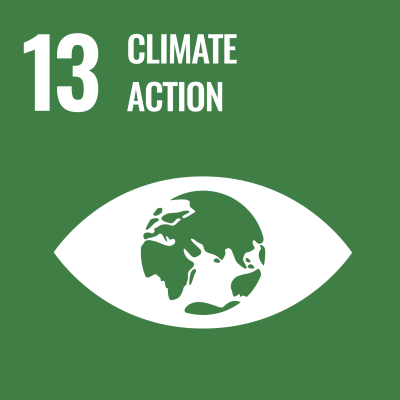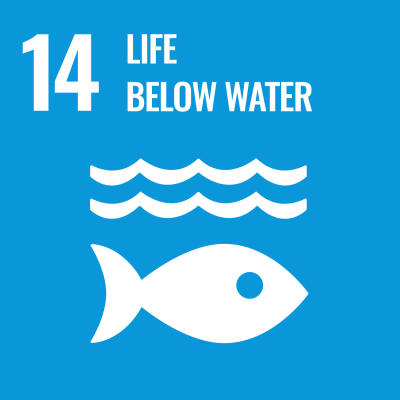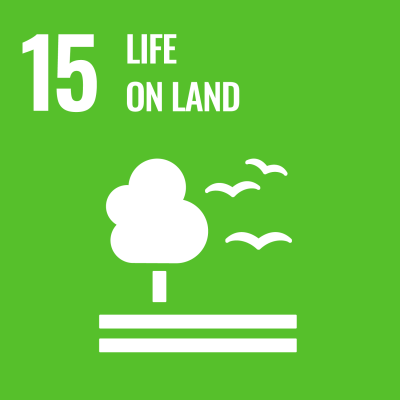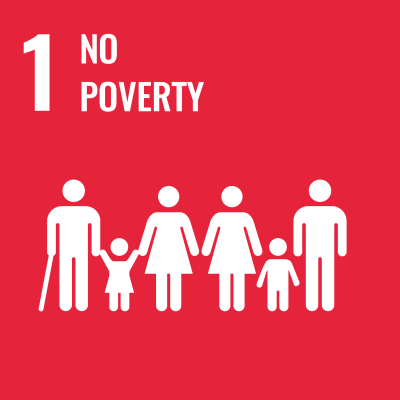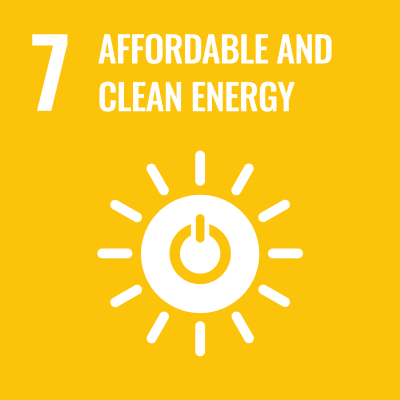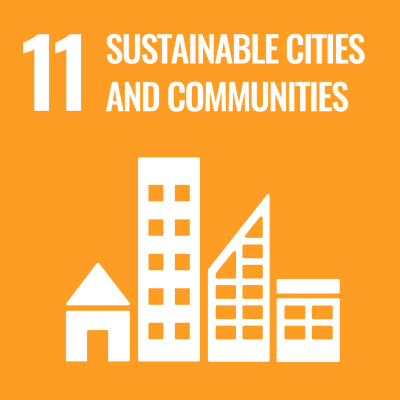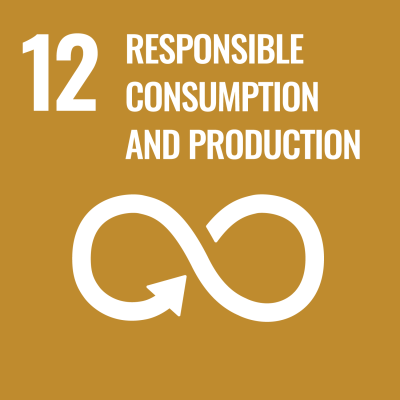Hassaan Mohamed, the Deputy Minister of Climate Change, Environment and Energy of Maldives, knows what runaway climate change would mean for his country.
And he is worried.
A combination of rising seas and water shortages poses what has been called an existential threat to the Indian Ocean archipelago, the lowest-lying country on Earth.
“Climate change impacts are the most severe things we face right now,” Mohamed said recently. “It is definitely a danger to our existence, so we need to adapt.”
Some 80 per cent of Maldives, a collection of 1,190 coral islands, lies within one metre of sea level.
As warming temperatures cause glaciers to melt and oceans to expand, sea levels could rise up to 1.1 metres by 2100, according to the Intergovernmental Panel on Climate Change, which brings together hundreds of leading climate scientists. Even if humanity dramatically cuts the greenhouse gas emissions driving climate change, seas could still swell by 60 centimetres.
Either scenario would swamp swathes of the Maldives and send saltwater pouring into the country’s scarce drinking water supplies.
To counter that threat, the United Nations Environment Programme (UNEP) is helping Maldives develop a national plan to adapt to climate change, one of several UNEP projects in the country. The nation is also among the first to benefit from a UN push to roll out early warning systems for climate-change-related disasters, such as superstorms and floods.
That support comes at a critical time for Maldives, Mohamed said.
“We have to speed up the process of adapting to these problems,” he said during a recent visit to UNEP headquarters in Nairobi, Kenya. “Going forward, it will only get worse.”
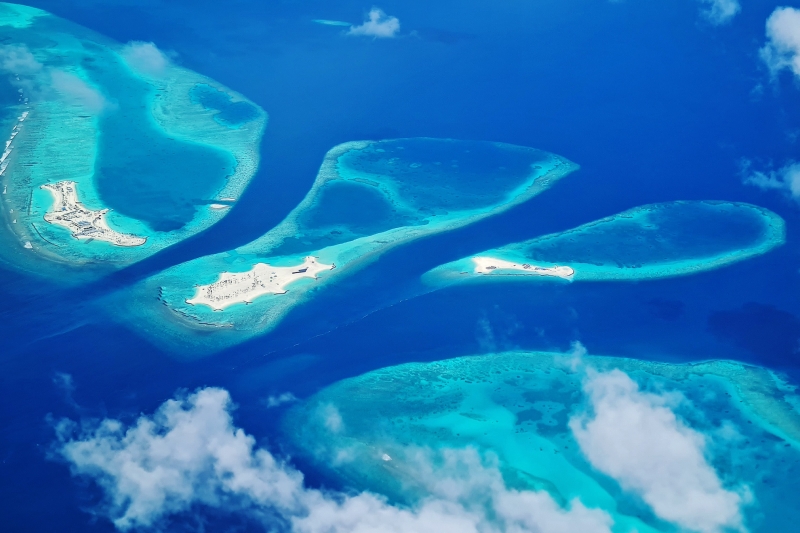
Maldives was one of 58 nations in 2023 to contribute its full share to UNEP’s Environment Fund, the bedrock of the organization’s work on the triple planetary crisis of climate change, nature and biodiversity loss, and pollution and waste.
Established in 1973, the fund allows UNEP to take a long-term, strategic approach to addressing the triple planetary crisis. It supports UNEPs’ efforts to identify emerging environmental issues, translate science into environmental policy and keep the environment under review through key reports.
It also supports UNEP’s efforts to raise awareness about the triple planetary crisis, host the secretariats of several landmark global accords and build the capacity of governments to contend with environmental threats.
“Investing in the Environment Fund means that we are working towards a common goal,” said Mohamed. “This is to protect the only planet we have.”
Maldives, a country of about 550,000 people, has featured prominently during climate discussions, raising its voice on behalf of other small-island nations imperiled by climate change. During the latest session of the UN Environment Assembly (UNEA), the world’s top decision-making body on the environment, Mohamed spoke about the threats facing his country.
“It brings us into the limelight and gives us a platform to share our stories, which is critical for us,” said Mohamed of UNEA.
Along with adapting to climate change, Maldives is aiming to reach net zero greenhouse gas emissions by 2030 with international support. It is planning to do this in part by shifting to renewable energy and cutting down on short-lived climate pollutants, like the compounds used in cooling and refrigeration. UNEP is supporting those efforts.
Climate change is one of several environmental priorities for Maldives. Mohamed said the country is also working to stem biodiversity loss, especially in the ocean, which is threatening the country’s two main industries: fishing and tourism. The country’s Strategic Action Plan focuses on driving growth while protecting its coral reefs, which are some of the largest and most diverse in the world.
The Maldives is also working to improve waste collection, long a logistical challenge in a country with hundreds of occupied islands. Mohamed said the country has worked with financiers and non-governmental organizations to scale-up garbage collection while encouraging households to sort their waste. A key part of the government’s push to rein in waste includes a plan to eliminate single-use plastics. Some 8 per cent of the waste in Maldives is plastic and just 1 per cent of that is recycled.
Mohamed welcomed discussions, now underway, on a legally binding global instrument to end plastic pollution, which is a mounting threat globally. UNEP hosts the intergovernmental body negotiating the instrument.
The discussions have helped to give Maldives a voice on the issue and gives the country hope it is being taken seriously, said Mohamed.
While UNEP’s country-level work is important, as crucial is the organization’s unique ability to forge a global consensus on the planet’s most-pressing environmental problems, said Mohamed.
He gave a specific nod to UNEA, which in March ended with countries agreeing to a series of resolutions designed to tackle everything from sandstorms to the environmental fallout from mining.
“UNEP has created an environment where countries can come together and negotiate,” said Mohamed. “This can be the foundation for achieving something prominent in the future.”
Maldives is one of UNEP’s funding partners, whose full-share contributions to UNEP’s Environment Fund enable agile, innovative global solutions for climate change, nature and biodiversity loss, and pollution and waste. Learn how to support UNEP to invest in people and planet.
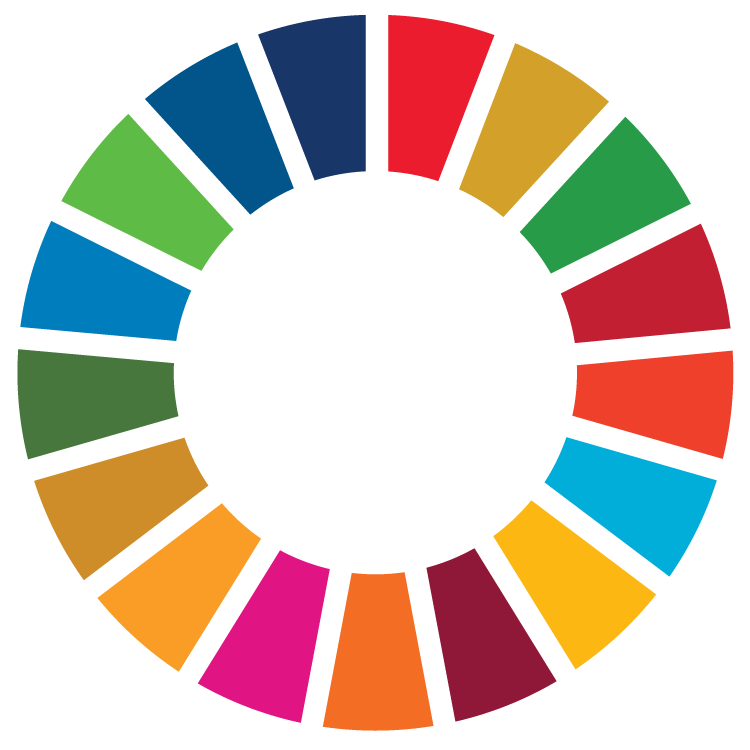
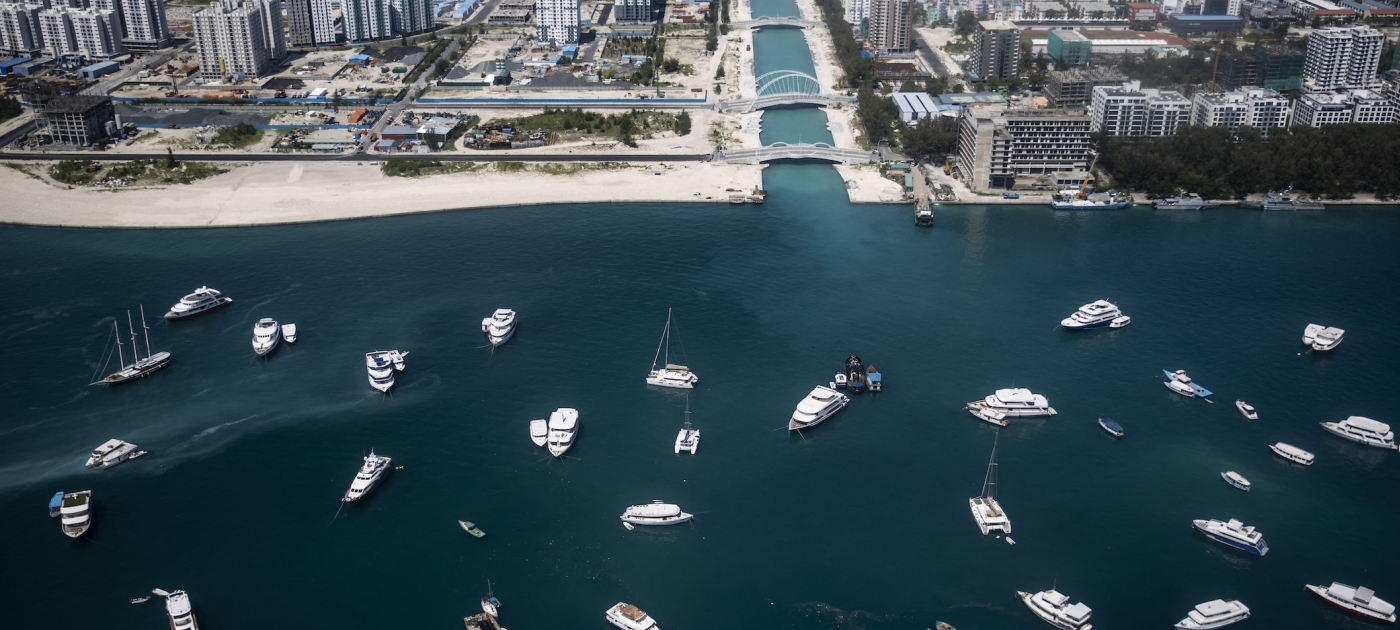
bbff.jpg)
